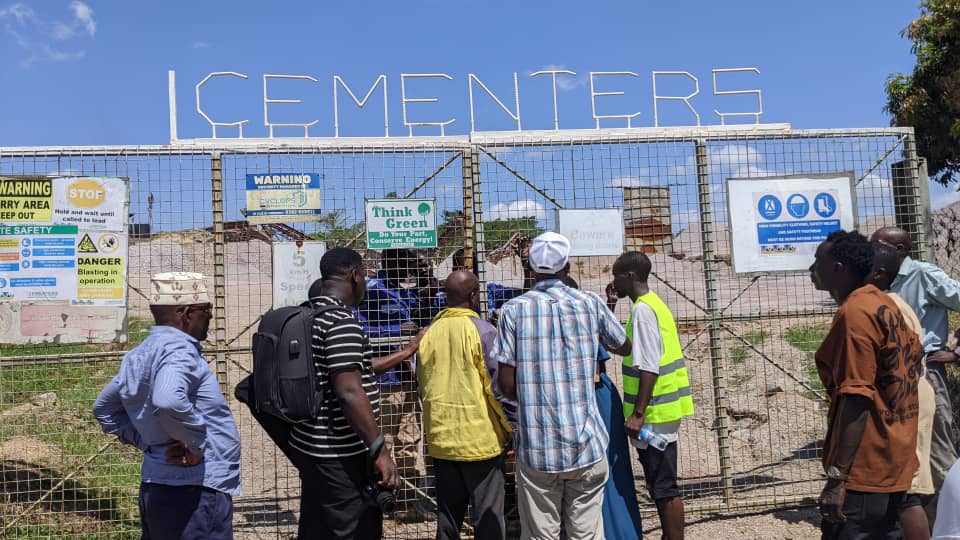The High Court has dismissed a lawsuit brought by businesswoman Margaret Nalubega against Equity Bank after she claimed that the bank delayed in clearing her credit record leading her to suffer a financial loss.
The court found that the bank was not solely responsible for delays in clearing her credit record and that Nalubega failed to prove she suffered financial losses or defamation as a result.
The case, heard in the Commercial Division of the High Court, stemmed from a long-running dispute over a loan Nalubega had taken from Equity Bank. Back in 2015, she had a running loan facility secured against her properties.
When issues arose with the loan, she sued the bank in 2016 , claiming she had been overcharged or mishandled. The parties settled that earlier case in June 2019 through a consent judgement, where the bank agreed to discharge her debt, release her land titles, and pay her Shs 50 million in damages and costs. This was meant to end all claims between them.
However, problems persisted. Nalubega’s credit record with the Credit Reference Bureau (CRB) still showed her as owing the bank Shs 149 million. Nalubega claimed this prevented her from securing a Shs 200 million personal loan and a Shs 120 million loan for Harvest Women’s Organisation, a group she directs.
She argued the bank’s failure to update the CRB amounted to negligence, causing her business losses, emotional distress, and defamation by portraying her as a defaulter.
The key issues before Justice Dr Ginamia Melody Ngwatu were straightforward: Was the bank liable for not clearing the CRB record? And if so, what remedies should be awarded? Nalubega sought a court declaration that she owed nothing, an order to clear her record, Shs 150 million in aggravated damages for pain and suffering, Shs 100 million in punitive damages for the bank’s “arbitrary conduct,” plus costs.
In her judgement, Justice Ngwatu first rejected the bank’s preliminary objection that Nalubega had no valid cause of action, noting the plaint clearly showed a potential right had been violated. But on the main issues, the court ruled against Nalubega.
Evidence from both sides, including testimony from a Creditinfo manager, showed that while banks must submit updated borrower information to the CRB within 30 days of loan clearance, the CRB itself handles reviews and rectifications.
The bank had submitted initial clearance info in 2019, but delays occurred because Nalubega did not promptly provide her credit report when requested, and the bank could have accessed it independently but did not act swiftly.
The judge concluded that “both parties contributed to the delay in clearing the plaintiff’s credit card.” Crucially, Nalubega could not prove actual losses for example, her evidence of a denied loan application to Stanbic Bank lacked stamps or official rejection letters showing it was due to the CRB issue.
Exim Bank escapes Shs 350 million lawsuit due to filing error
Claims of defamation also failed, as there was no proof the bank intentionally provided false information or harmed her reputation unlawfully.
For Nalubega, the ruling is a setback. Her credit record was eventually updated in September 2023 after she filed this suit, but she gets no damages or costs from the bank. She must bear her own legal expenses, which could be substantial after years of litigation. This might affect her ability to pursue further business financing, although her credit record is now clear.
For Equity Bank, it’s a win. The judgement affirms they fulfilled the 2019 settlement and were not fully at fault for the CRB glitch. It avoids paying out up to Shs 250 million in claimed damages and sets a precedent that banks aren’t automatically liable for CRB delays if borrowers don’t cooperate fully.







